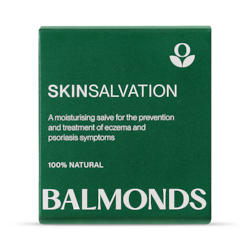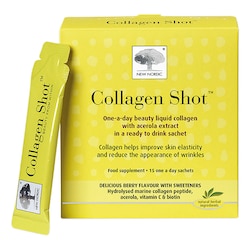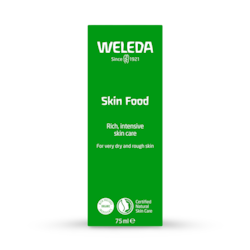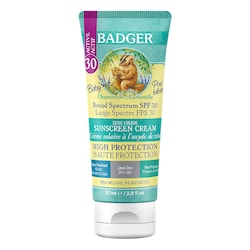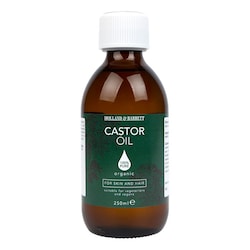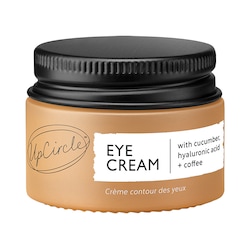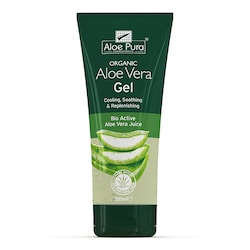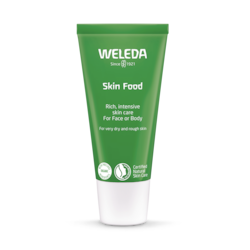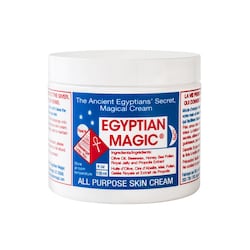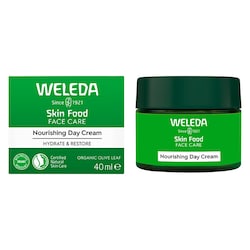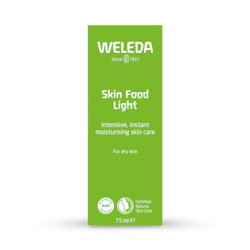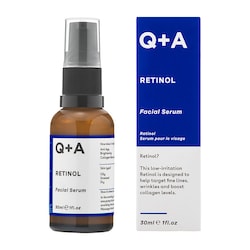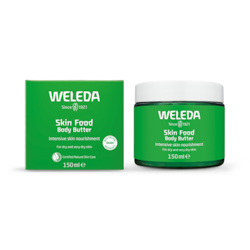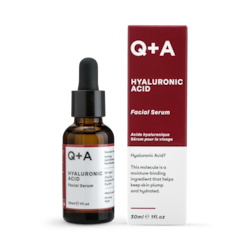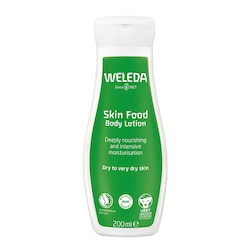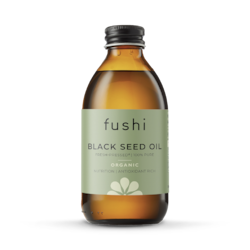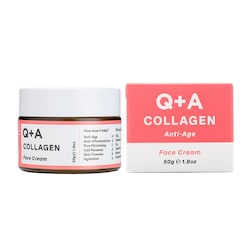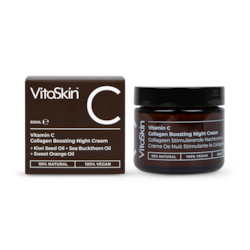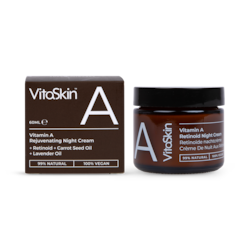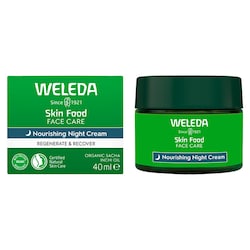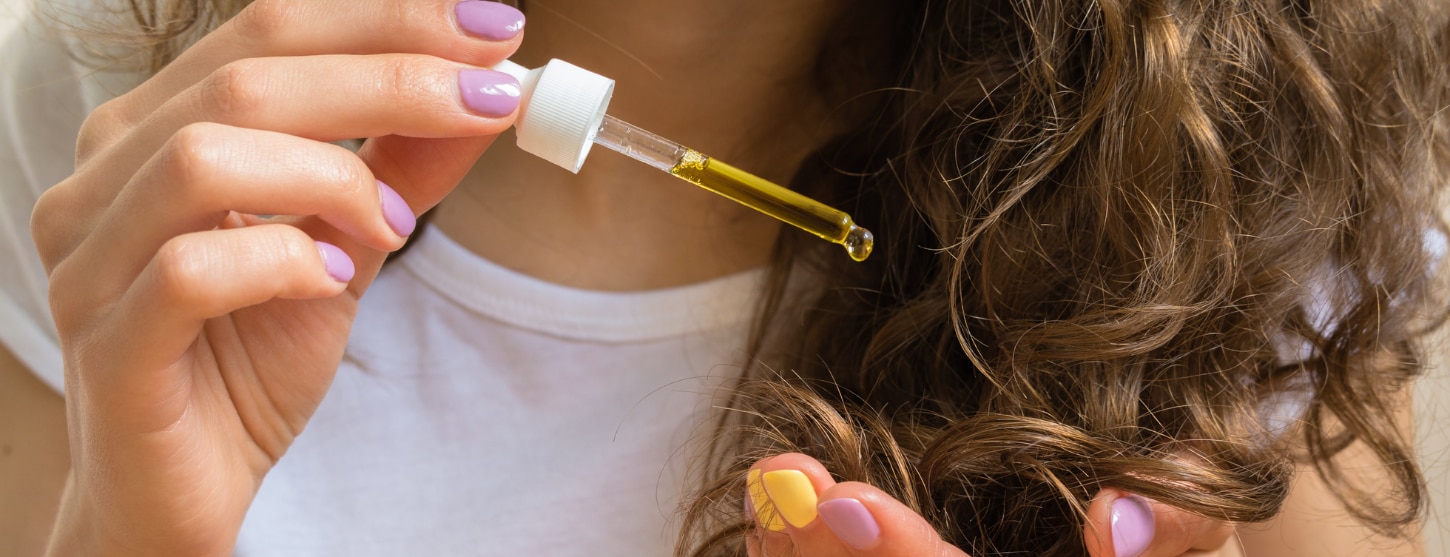20% off £30
Code:SPEND
9 home remedies for cold sores

Suffer with annoying, painful cold sores? Discover how ro get rid of them with our inexpensive tips and 9 home remedies for cold sores.
Summary
1What causes cold sores?
Cold sores are caused by the herpes simplex virus HSV-1. This is a common virus, which most of the world’s adults carry. In most people, HSV-1...
2Our top 4 tips for cold sore prevention
1. Use lip balm with SPF Exposure to strong sunlight can leave you with a cold sore. This is most likely because UV rays cause damage to the skin...
3How to treat a cold sore at home once you have on
Always in search of the best cold sore treatment? Some of the most effective cold sore treatments are over-the-counter anti-viral treatments and...
Unsightly, burning blister around your mouth? It’s most likely a cold sore.
What causes cold sores?
Cold sores are caused by the herpes simplex virus HSV-1. This is a common virus, which most of the world’s adults carry.1 In most people, HSV-1 doesn’t cause any symptoms. In others, HSV-1 causes the occasional outbreak of cold sores. You can catch HSV-1 from drinking out of a cup after someone carrying HSV-1, sharing makeup or kissing, or any other oral contact. You don’t need to have been sexually active to carry the HSV-1 strain of the herpes simplex virus.
Our top 4 tips for cold sore prevention
- Use lip balm with SPF
Exposure to strong sunlight can leave you with a cold sore. This is most likely because UV rays cause damage to the skin, which can be enough to activate the virus and trigger a cold sore.2 Wear lip balm with a broad spectrum (protection against both UVA and UVB rays) of at least SPF 15. This is advisable year-round but be extra-vigilant about application when the sun is strong. - Massage
Stress is a huge trigger for cold sores.3 This might be because the ‘stress hormone’ cortisol can impair immune function.4 Anything which helps relax you, from massage to meditation, is recommended as a defense against cold sores. - Eat right
When your immune system is flagging, a cold sore is often circling. Even a simple winter cold can often usher in the unwelcome appearance of a cold sore a few days later. Your immune system relies on being supplied with a balanced diet of fresh food, including lots of vegetables and fruit. - Don’t share
Cold sores are highly contagious, so never share makeup, razors, cutlery, or face masks with anyone who has an active cold sore. If you yourself are prone to cold sores, it’s a good idea to sanitise your makeup products, especially lip products, after each use. Don’t kiss partners, friends or children while you’ve got a cold sore. You can’t pass cold sores to pets, but to minimise the risk of secondary infection we’d recommend avoiding smooching your pet until your cold sore is long gone.
How to treat a cold sore at home once you have one

Always in search of the best cold sore treatment? Some of the most effective cold sore treatments are over-the-counter anti-viral treatments and cold sore patches. However, if you’re unable to get to the chemist or prefer to take an all-natural approach, try these home remedies to tame your cold sore and alleviate the symptoms. Please note: these options should not replace medical care and any recommendations may not be 100% effective and may even make symptoms worse.
Ice is certainly the most inexpensive of the natural cold sore remedies. To calm the painful swelling a cold sore can bring, grab an ice pack (or bag of frozen peas) and wrap in a flannel or hand towel. Apply to the mouth area for a few minutes at a time over the course of a few hours. This could help reduce inflammation in the cold sore and reduce its size.
A tablespoon of milk on a cotton pad held against a painful cold sore will have a cooling effect on any itching or burning. Some people believe the lactic virus-fighting antibodies found in milk known as immunoglobulin can also hasten a cold sore’s exit, although this hasn’t been clinically proven.5
Aloe vera is commonly recommended for soothing angry skin. It could also do wonders for clearing up cold sores. A natural antibacterial and antifungal, aloe vera gel also inhibited HSV-1 virus growth in a 2016 test meaning it’s definitely worth a try for cold sores.6 You could make a DIY cold sore patch by securing a cotton pad (cut to size) with aloe vera gel over your cold sore while you’re at home.
Using a mineral-based barrier lotion like petroleum jelly on cold sores will seal in moisture and keep the skin protected while it heals. It’s a good idea to dab a patch of this on following an astringent such as tea tree oil or witch hazel, as these can dry out your cold sore blister and leave raw, scab-prone skin underneath.
An older German study from 2001 found that a cream preparation made from rhubarb root and sage extracts reduced the pain and swelling of cold sores as effectively as the leading cold sore cream.7
L-lysine rich Parmesan cheese might be one of the more unusual cold sore remedies. This amino acid helps fight the the amino acid arginine which is known to feed viruses such as HSV-1.8,9 L-lysine blocks arginine activity which means what with sufficient l-lysine in your body, the reproduction of virus cells is reduced. Foods rich in l-lysine include meat, Parmesan cheese, sardines, soybean and eggs. Remember, cold sore healing doesn’t last forever. Cold sores do go away on their own in around 7 – 10 days.
- https://www.mayoclinic.org/diseases-conditions/cold-sore/symptoms-causes/syc-20371017/
- https://www.nhs.uk/conditions/cold-sores/
- https://europepmc.org/abstract/med/19409481
- https://www.ncbi.nlm.nih.gov/pmc/articles/PMC4465119/
- https://www.ncbi.nlm.nih.gov/pmc/articles/PMC3214789/
- https://www.ncbi.nlm.nih.gov/pmc/articles/PMC4771053/
- https://pubmed.ncbi.nlm.nih.gov/11799306/
- https://www.microbiologyresearch.org/content/journal/jgv/10.1099/0022-1317-1-4-471
- https://pubmed.ncbi.nlm.nih.gov/6262023/


